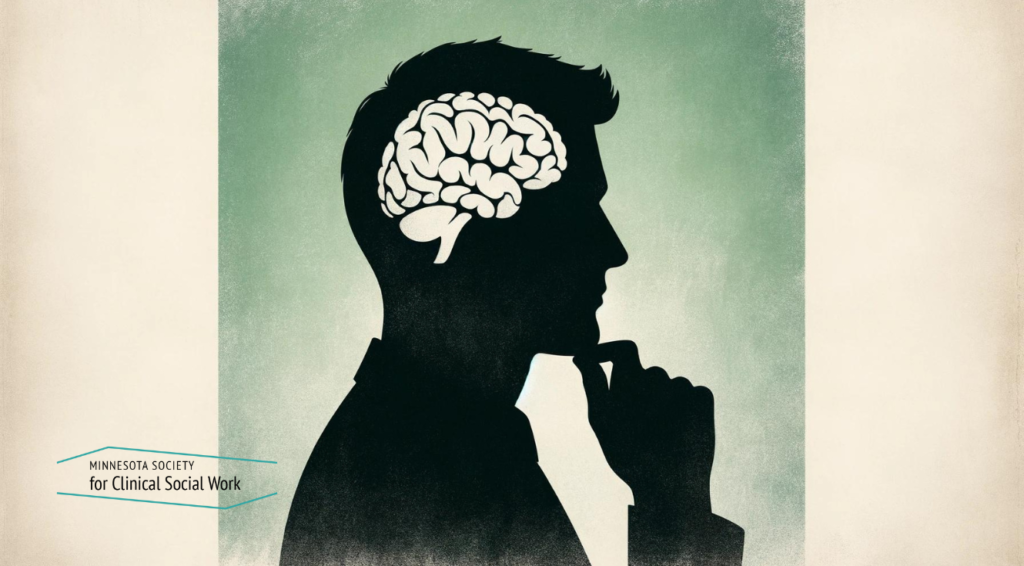This presentation will discuss how psychodynamic therapy is based on psychoanalytic ideas and briefly explain how those ideas have evolved over time. There will be an emphasis on Attachment Theory, on understanding and using feelings in treatment, and on appreciating the psychotic dimensions of certain patients. The presentation will include information on the neurological development of affect regulation, the neurological fragmentation of PTSD, and the neurology underlying implicit and explicit memory. Psychodynamic ideas will be illustrated with clinical examples.


